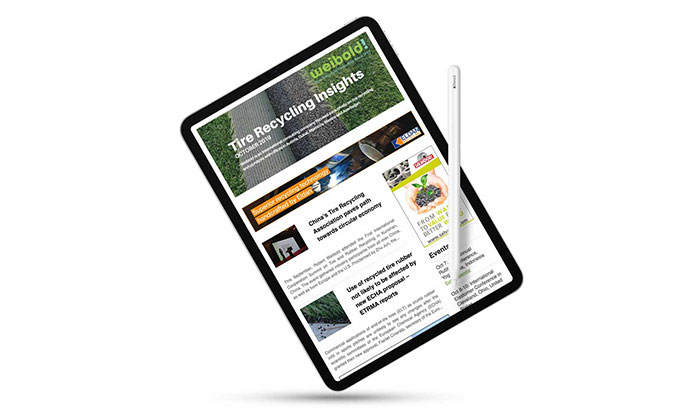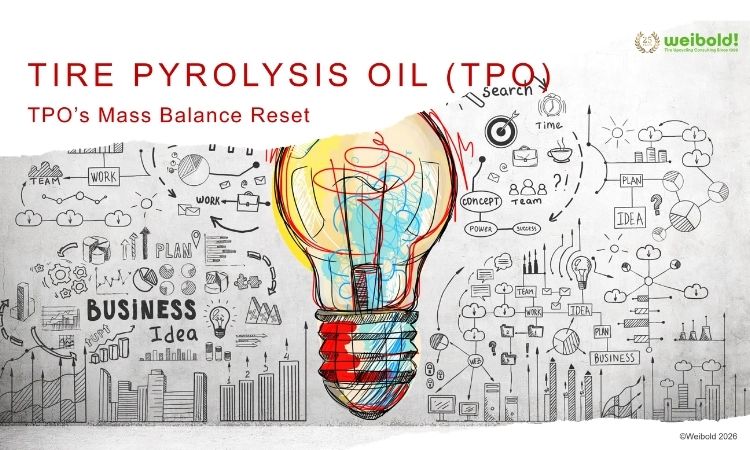Traction Summit explores pathways to net zero in tires and mobility
The Traction Summit in Charlotte, North Carolina, held on August 13-14, 2024 brought together key players in the tire and automotive industries to discuss sustainable mobility and the journey toward net-zero emissions. Michelin shared its target to achieve net-zero scope 1 and 2 emissions and develop fully recyclable tires by 2050, while Continental aims for 40% sustainable tire content by 2030, moving to 100% by 2050. Presenters highlighted that Extended Producer Responsibility (EPR) in the U.S. is expected to advance as the need for tire recycling solutions grows.
Sustainable Mobility and OEM Initiatives
Rivian and Honda presented their sustainability strategies, with Rivian emphasizing the importance of tire brands in a vehicle’s carbon footprint and Honda outlining its “Triple Zero” goals for carbon neutrality, clean energy, and resource conservation. Honda also highlighted the increasing role of supply chain traceability and lifecycle assessments as key parts of its sustainability framework.
Regulatory Landscape and Fuel Efficiency Standards
Smithers and the California Energy Commission discussed upcoming regulations, noting that 73% of global rubber and 74% of carbon black go into tires. California’s goal of zero emissions by 2045, combined with a push for fuel-efficient, low rolling resistance tires, reflects the state’s focus on cutting CO₂ emissions. Experts called for national standards through NHTSA to avoid a fragmented state-by-state regulatory approach.
End-of-Life Tire Solutions and Circularity
The newly formed Tire Recycling Foundation, backed by EPA grants, aims to enhance sustainable end-of-life tire solutions. Key highlights included Hyundai’s use of recycled materials in auto parts and retreading’s role in sustainability for fleet operations. The Foundation’s efforts are advancing environmental product declarations and market growth for ground tire rubber.
Innovations in Tire Performance and Sustainability for EVs
In a session on EV tires, J.D. Power noted that top customer complaints involve wear and puncture rates. Michelin and Kuraray discussed advancements in tire longevity, low rolling resistance, and improved wear resistance, which are crucial for supporting EV performance and lowering environmental impact throughout a tire’s use phase.
Emerging Technologies and AI in Tire Manufacturing
Sumitomo introduced its 'Active Tread' concept for all-weather tires, expected to enter production soon. Wavicle Data Solutions presented insights into AI applications in tire manufacturing, including machine learning and computer vision, highlighting the potential and challenges of bio-generative AI in the sector.
Overall, the summit underscored the industry’s commitment to sustainability, bringing together global leaders to explore innovations and strategies to achieve a greener future for mobility.
Read full article by Autosphere.ca.
Weibold is an international consulting company specializing exclusively in end-of-life tire recycling and pyrolysis. Since 1999, we have helped companies grow and build profitable businesses.









